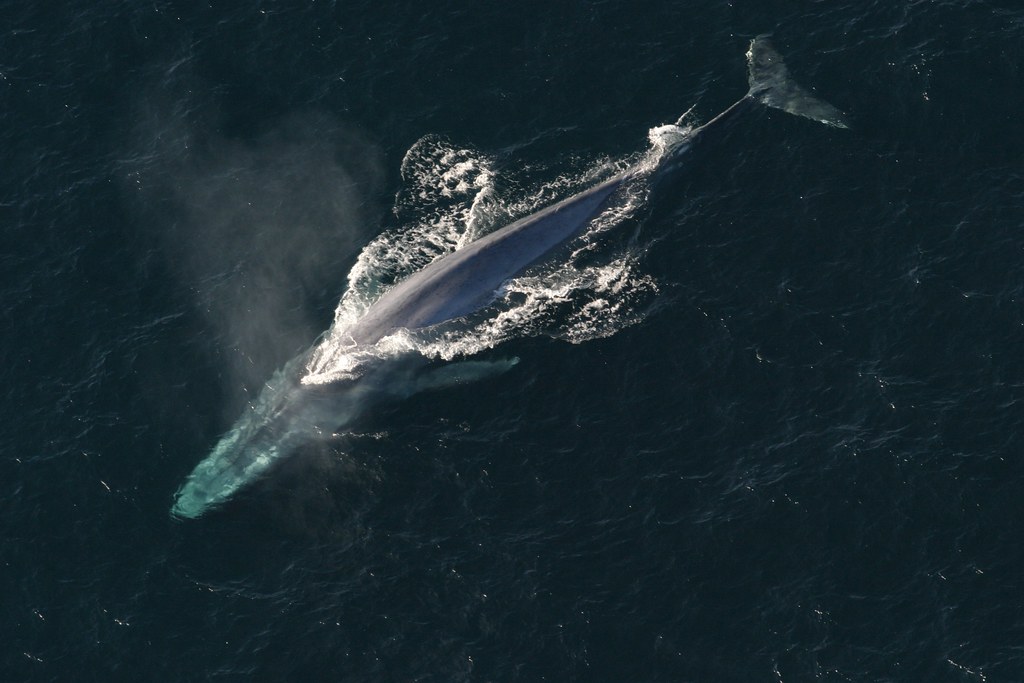Science News Roundup: SpaceX launches first Falcon Heavy mission since 2019 from Florida; Blue whales found to swallow 10 million microplastic pieces daily and more
Following is a summary of current science news briefs. SpaceX launches first Falcon Heavy mission since 2019 from Florida SpaceX's Falcon Heavy, the world's most-powerful active rocket, lifted off on Tuesday for the first time in more than three years through dense fog at Florida's Cape Canaveral, with Elon Musk's company sending satellites into orbit for the U.S. Space Force.

Following is a summary of current science news briefs.
SpaceX launches first Falcon Heavy mission since 2019 from Florida
SpaceX's Falcon Heavy, the world's most-powerful active rocket, lifted off on Tuesday for the first time in more than three years through dense fog at Florida's Cape Canaveral, with Elon Musk's company sending satellites into orbit for the U.S. Space Force. The rocket system, consisting of three Falcon 9 boosters strapped side-by-side, took off from a SpaceX launch pad, with two satellites from the Space Force and a group of smaller satellites bound for orbit. The Space Force did not provide details of its satellites and requested that SpaceX end its launch live stream early without showing their deployment.
Blue whales found to swallow 10 million microplastic pieces daily
As Earth's largest animals, blue whales are mighty big eaters, gulping tons of food each day. They also now are ingesting huge amounts of plastic, according to scientists, due to the alarming volume of tiny particles of pollution choking the oceans. Researchers on Tuesday presented an estimate of the amount of microplastics ingested by three species of baleen whales - blue, fin and humpback - off the U.S. Pacific coast, detailing an issue posing uncertain health concerns for these marine mammals.
'Dreaming of the Heavens': China launches final module to space station
China on Monday launched the last of the three modules that will comprise its space station, set to be the second permanently inhabited outpost in low-earth orbit after the NASA-led International Space Station. The uncrewed Mengtian, or "Dreaming of the Heavens", module was launched atop China's most powerful rocket, the Long March 5B, at 3:37 p.m. (0737 GMT) from the Wenchang Space Launch Centre in the southern island province of Hainan.
(With inputs from agencies.)










